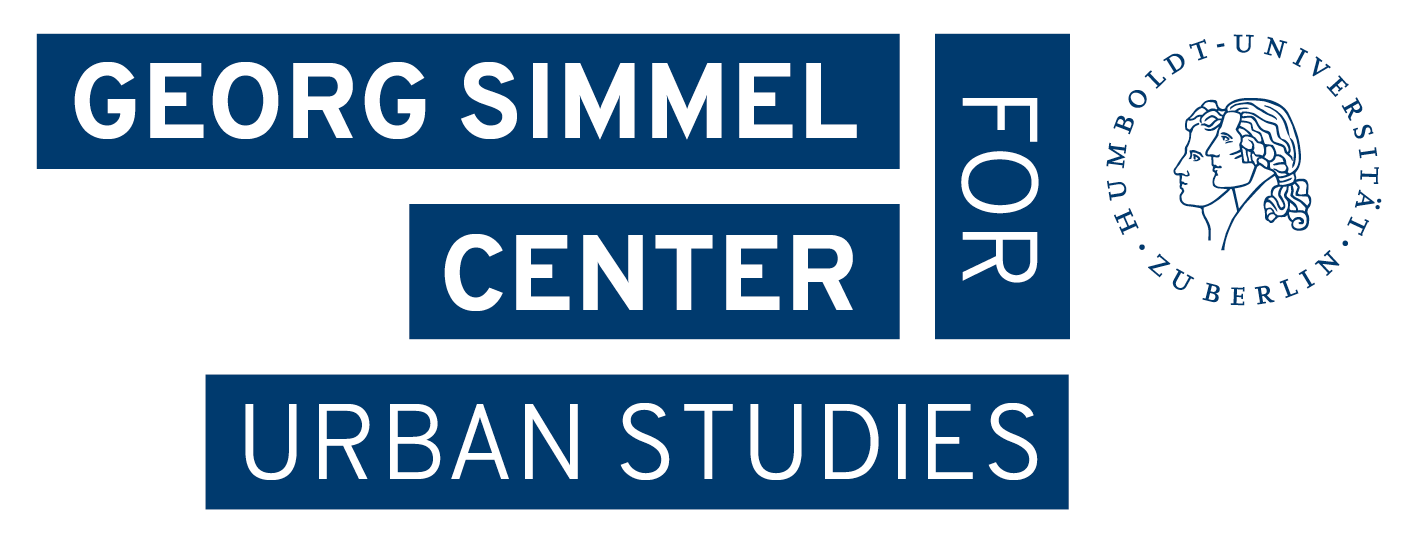Summer School
In co-operation with the International Office of the Humboldt University of Berlin the Georg-Simmel-Centre for Metropolitan Studies hosts annually an international summer school. The focus is put on interdisciplinary research questions concerning Berlin's urban history and development.
Summer School 2018

"Migration, Berlin and the Wall: Explorations in a unified divided town"
After the fall of the wall in 1989 Berlin was reunified, but still today the former division can be seen and experienced in the urban space. The wall continues to exist in the spatial setup of the town, in architecture and the composition of the population. This is also true for migration. East and West Berlin have different migration histories and developed different migrant infrastructures. In the summer school we will trace the links between the (fall of the) wall and migration in different parts of Berlin. We will discuss which of these are specific to Berlin and which can be compared to developments in other urban spaces.
A central feature of the summer school will be field trips, in which we will explore different urban spaces. The first will take us to the former wall, exploring what of it is left in the spatial setup of the neighborhood and what meaning it has today. The second takes us to one of the centers of migration in West Berlin and in the third field trip we will explore an area in East Berlin. The field trips will combine guided tours of the area, visits to local museums and/or places of particular importance for migration in the area. The field trips will be prepared in class by reading and discussing about the particular area, its development and migration history. In order to record the experiences of the field trips and transform them into material for discussion students will prepare fieldnotes, i.e. reports of their observations, for each field trip (either written or as Podcast or Video).
This ethnographic approach to exploring Berlin will provide the basis for a discussion of what is specific to the way urban space is shaped by migration in Berlin and how this can be compared to other urban spaces with different histories and political regimes.
Summer School 2016

Summer School 2014
“Reclaim the city” is one of the recent calls for an old phenomenon: The demand of people to appropriate, organize and form (parts) of their city. In this context, a wide range of ideas is used and reused recently in theory and practice: Participation is becoming a central concept in planning and inclusion as the one debate in social sciences and community building offers a popular strategy that becomes more and more used in developing neighborhoods. Under the heading of urban resources, nowadays some new trends can be recognized: The times of climate change and rising rents bring up ideas of urban commons, cultural heritage is more and more approached as a multilayered asset and urban interventions challenge the use of public spaces.
We will look closer at Berlin and its urban resources: Which are they? How and for which purposes are they used? For example, we will have a look at abandoned areas, heritage sites and public spaces in the city. Perspectives from different academic disciplines will be discussed, activists as well as their practices will be introduced and the city of Berlin will be explored. Furthermore the students will work out an own ‘mini’case-study. Key aspects will be: Urban Commons, Control of Public Spaces, Top-down Planning versus Bottom-up Approaches, Social-city program, Urban Change and Participation.
The summer school targets Master students (graduate students) in all relevant disciplines who are interested in the various aspects of Urban Geography and Metropolitan Studies. A strong interest in sociological, cultural, geographical, urban, economic and environmental topics is required.
